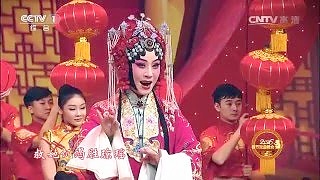Formed from an amalgam of traditional folk song, distinctive dialects and other regional performing arts, Chinese Opera has evolved into a complex, stylised story telling, combining masks, mime, dance, acrobatics and martial arts. Traditional instruments, such as the erhu, lute and gong, combine with highly refined literary dialogue, beautifully written with many nuances. Even most Chinese need to see subtitles to follow the arcane language and unusual dialects. Color of face painting and costume is used to convey some aspects of each actor's character. Chinese Opera is full of symbolism. The artists follow many years of training. It is said that 'one minute on the stage requires ten years practice behind the scenes'. Chinese Opera joins with Sanskrit Opera and Greek tragi-comedy as among the world's oldest performance art. Long supported by China's imperial rulers, during the Qing dynasty Chinese Opera began to be enjoyed by common folk too, among which many of its roots lie. Today, Chinese Opera is a world away from modern life, but that is part of its appeal and although no longer with a mass market it continues to survive and is enjoyed by Chinese and tourists alike. There are many regional variations; Beijing Opera is primarily a fusion of these. Performances usually take place in tea houses.
Related Videos
Featured Videos
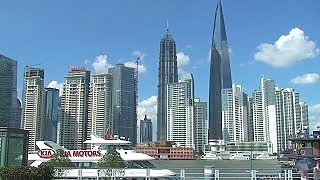
|
Beautifully filmed by Niezwykly Swiat ...
Let's also sneak in a little night time dance action ...
|
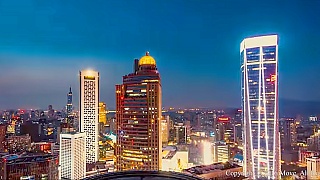
|
NanJing ('South Capital') is the provincial capital of JiangSu.
NanJing trip ...
Plus - a day in the life of a Study Abroad university student ...
|
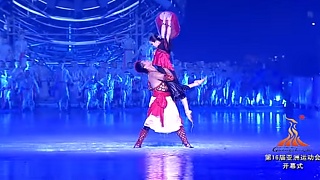
|
A stunning performance from the Opening Gala of the Asian Games 2010 in GuangZhou.
GuangZhou has been a major port for over 1,000 years and gateway to the Silk Road of the Sea.
|

|
With Luca & Rachele 路卡和瑞丽 ...
|

|
An awesome film - don't miss it ...
|

|
Including the evening / night light show ...
|

|
With Walk East ...
|
 An Introduction to Chinese Opera
An Introduction to Chinese Opera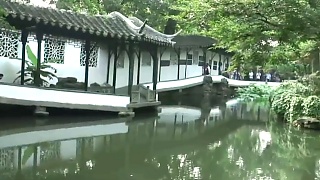
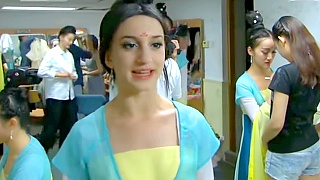
![The first film is from the CCTV Spring Festival Gala 2013, with singer Na Ying. The song : [Because of You, My Life is] A Warm Spring With Blooming Flowers. In 2015, the Spring Festival (Chinese New Year) runs from the 19th to the 25th February. The second is from China`s National Games Opening Ceremony in 2009. The song is Like A Dream. The third film features the music `Legend of Chinese Mountains` and is about the five sacred mountains of China and the Chinese love of nature and balance with nature. Fourth is `Your Collar`, a romantic song from the imperial music of the Han Dynasty. Fifth song is `A Nation of Greatness and Courtesy` and is about the Chinese character of virtue and friendship. Greatness in Chinese thinking is virtue; all three core Chinese philosophies - Taoism, Buddhism and Confucianism - stress that strength and happiness (well-being) lies in balance, not power (dominance). The last film features music from a documentary about the DaMing Palace (DaMing Gong) of the Tang Dynasty, at the heart of the dynasty`s capital Chang`An (which means `eternal peace`). The palace area is a little north east of the city of Xi`An in ShaanXi province. A selection of traditional Chinese music and song ...](https://img.youtube.com/vi/UP5CvZlNOKI/mqdefault.jpg)

